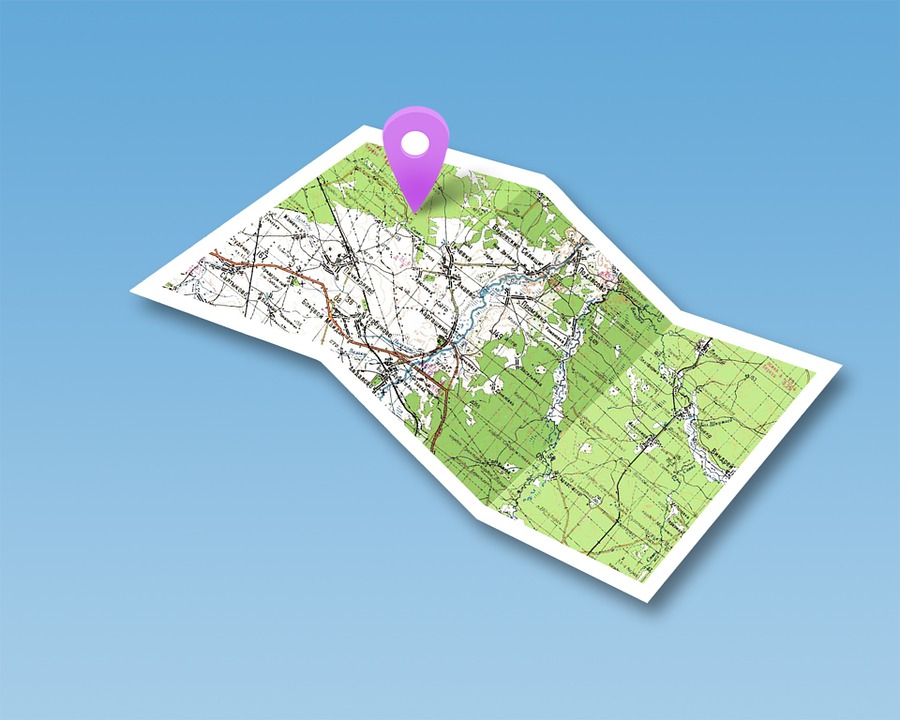
For years now, organizations have been using geolocation tools to acquire relevant information on users’ physical locations. Geolocation technologies like IP Geolocation API allow them to quickly pinpoint where users are quite accurately at specific points in time for a variety of reasons.
Uses of Geolocation Data Tracking
The proliferation of IP geolocation identification technologies makes it possible for users to tailor-fit offerings to address the demands of their target audiences. Over the years, geolocation tracking has been enabling users in various industries to:
- Craft targeted online marketing tactics: Geolocation makes it easier for advertisers and marketers to geo-target their campaigns down to the postal code level. That ensures that their geolocation marketing campaigns match their audiences’ preferences. As such, they can increase the reach and relevance of their campaigns.
- Manage licenses and rights: The technology allows content distributors to comply with copyright and licensing agreements as part of distributing digital audio and video content.
- Gather relevant web analytics: By using location data, organizations can gather insight into their websites’ effectiveness. They can use this information to take the necessary actions to improve their sites’ performance and boost visitor experience.
- Prevent fraud: Looking at locational data can lift the cloak off fraudsters. Users can rely on geolocation information to check the validity of online transactions and identify anomalies (e.g., a customer suddenly placing an order from a different continent).
Despite the benefits that IP geolocation tracking provides, however, some are concerned that it may be infringing on their privacy. We enumerated some of the reasons for these concerns.
Privacy Issues Related to Geolocation Tracking
While most people may not mind tracking when they go online, it’s a different story when it comes to their physical locations.
We listed down some of the users’ privacy woes related to geolocation tracking below.
Transparency
Some organizations that collect geolocation data are not transparent as to why they do so and what they intend to use the information for. To gain user trust, companies must describe their data collection practices, which include how data is harvested, shared, and stored to avoid potential issues. These must be explicit in mobile app end-user license agreements (EULAs). But more importantly, users should be given a choice on whether they want to be tracked or not.
Corporate Espionage
Unscrupulous business owners resort to underhanded measures to gain a competitive advantage sometimes. While geolocation tracking is an acceptable means to get ahead of the competition through website visitor tracking, for instance, using the technology for something more sinister, like tracking a rival’s employees, is not.
Stalking
Another privacy issue linked to geolocation tracking is stalking. People may unknowingly share their real-time location with everyone, including potential stalkers, who follow them on social media. Individuals who may have ill intentions against them can use this information to track them down in real life and cause harm.
Encroaching on Personal Life
While geolocation tracking is an effective way of monitoring employees’ locations to ensure their physical safety when traveling, for instance, following their every move even outside work hours is not acceptable.
Surveillance
There is a fear that police officers and other law enforcement agents can exploit geolocation tracking to follow persons of interest around even without warrants or even outside their jurisdiction. Such acts can be considered a form of harassment against individuals who have not been found guilty of anything.
---
Geolocation data tracking indeed benefits organizations. But there is a need to consider and address the privacy issues that come with its use. Keepers of the sensitive data collected must be responsible and store the information securely so this can’t land in the hands of malicious individuals or even cybercriminals. That said, use tools such as IP Geolocation API responsibly.
